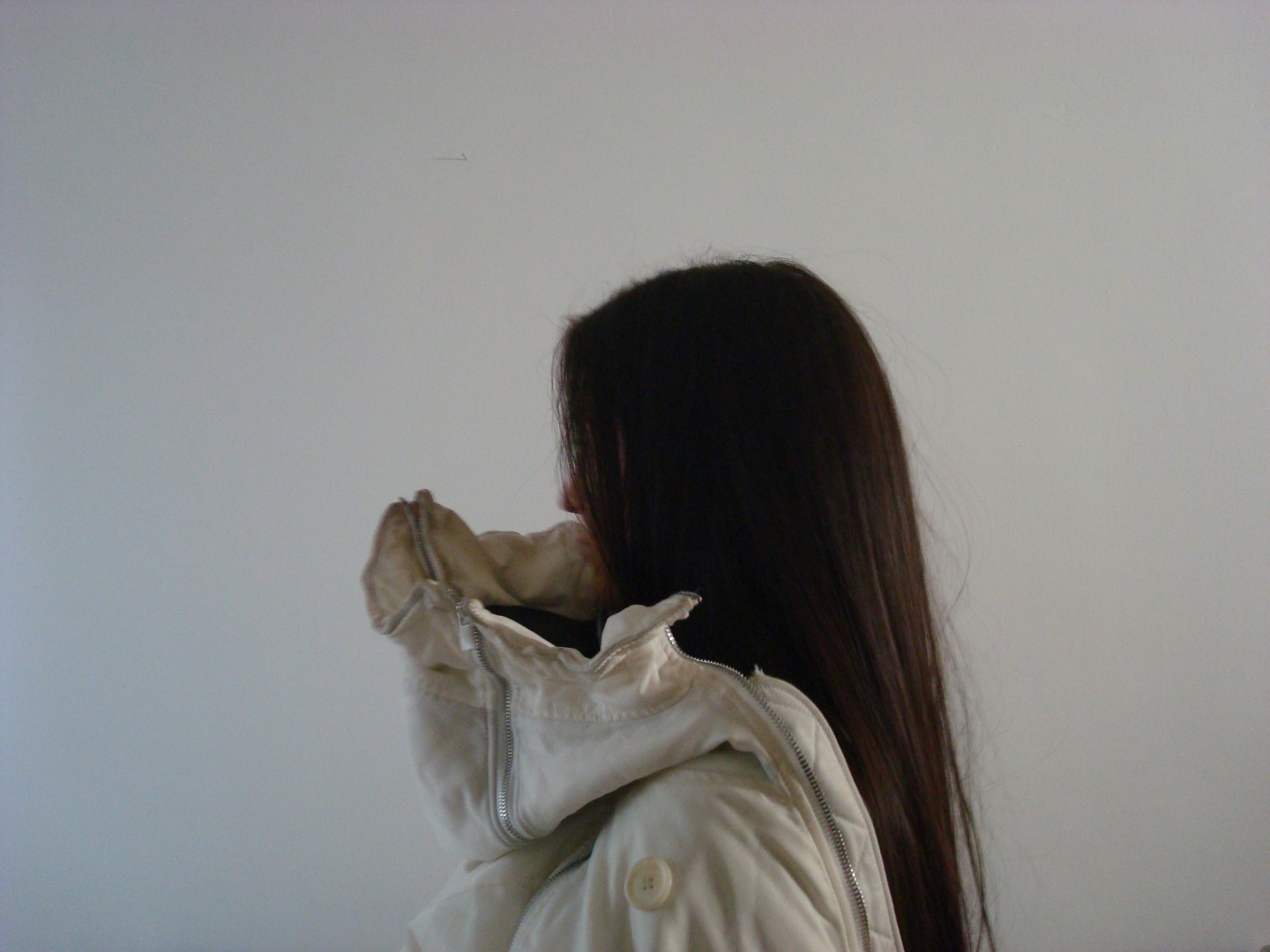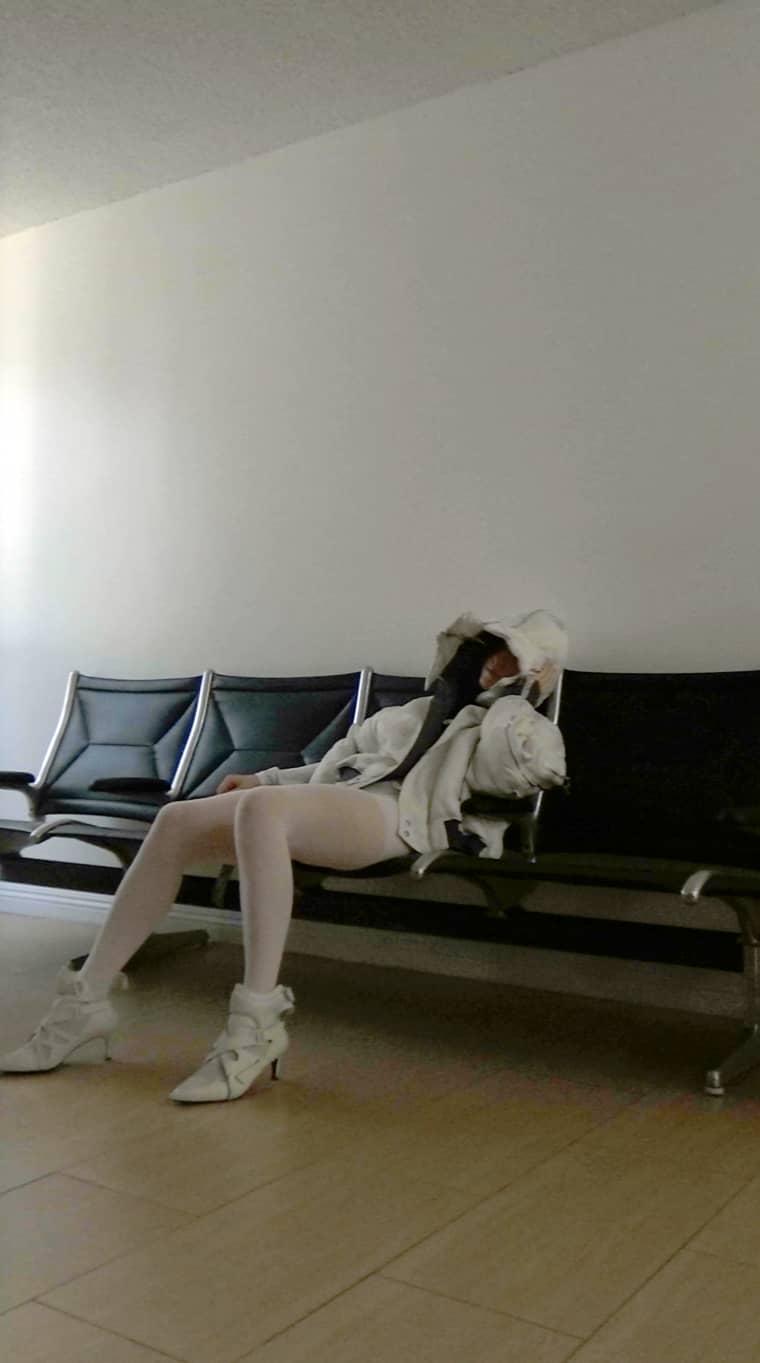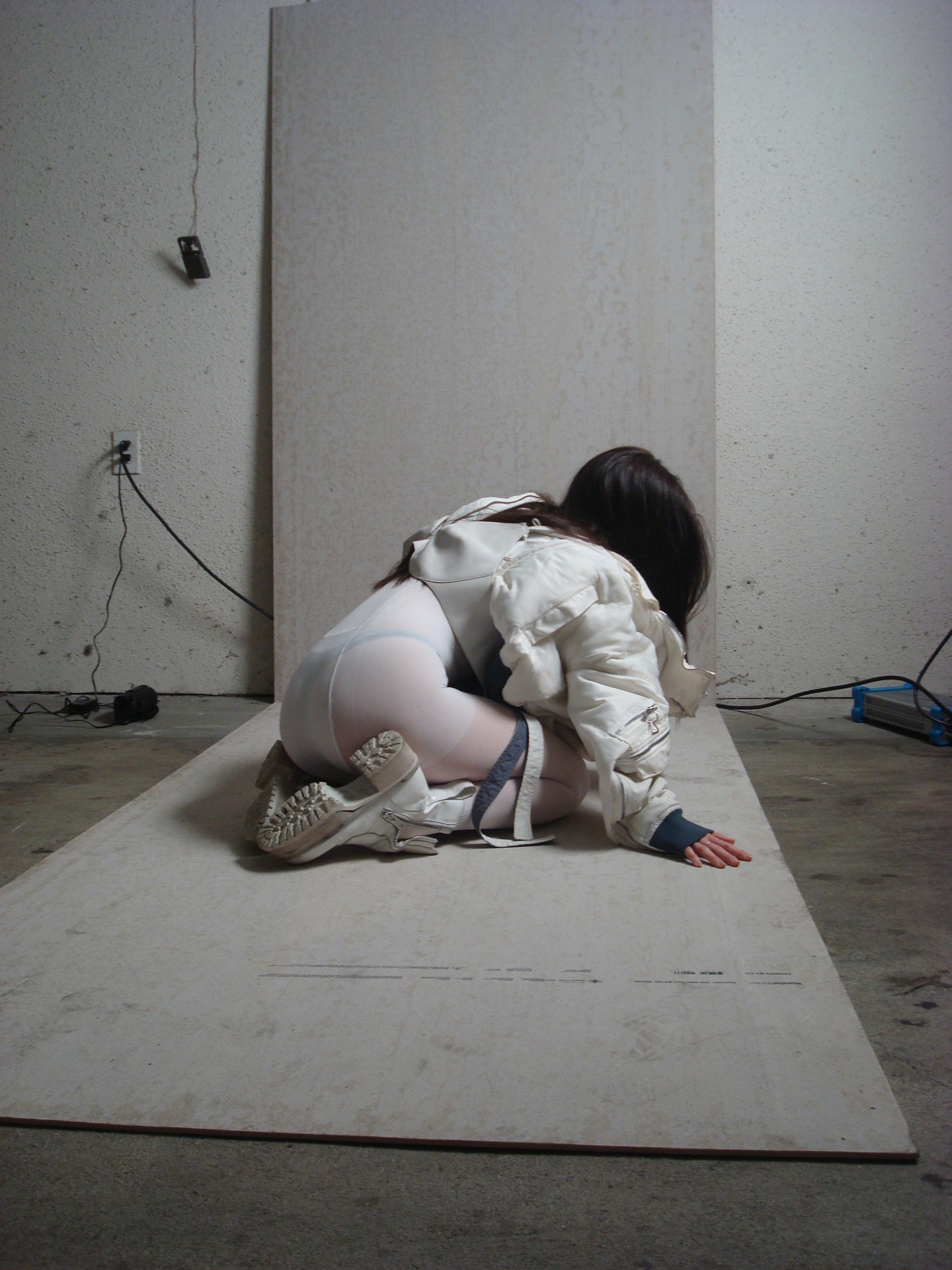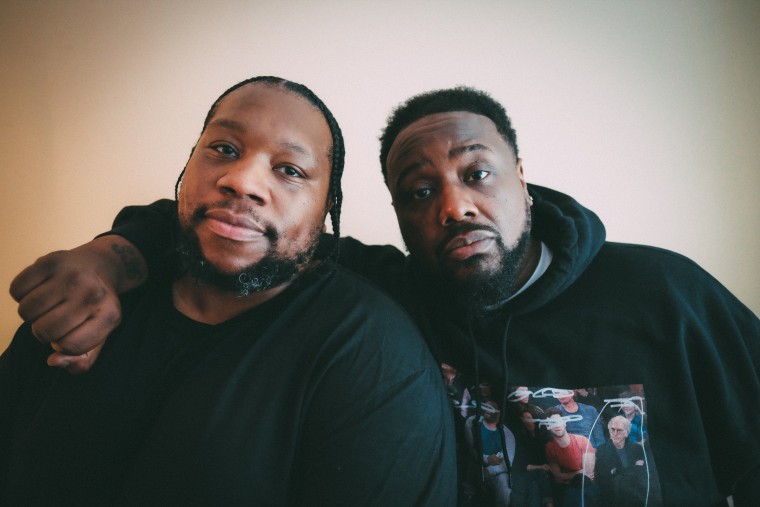Lane Stewart
When Clara La San released Good Mourning in 2017, this website described her as “the U.K.’s best-kept bedroom pop secret.” It seemed as though her time of relative seclusion was over and that La San, who worked on the mixtape with deconstructed club producer Jam City, was about to become a fixture in the waning years of the blog era. In reality, however, La San stayed underground, seemingly by design. Years passed with no new music and, as of 2019, she had removed Good Mourning from streaming platforms entirely. It felt less like a case of an artist taking a step back than one of quietly shutting the door behind her.
It was a surprise, then, when La San returned earlier this year with “Don’t Worry About It.” The featherlite R&B ballad made the seven-year gap feel immediately inconsequential with lines like, “I can’t control how I feel, I get so lonely at times” doubling as both a romantic plea and a possible comment on her time away from the music world.
The next chapter of La San’s return begins this week with the release of Made Mistakes, her official debut album. To hear her explain it, isolation is her preferred mode of being. Speaking in an east London cafe, she is reserved but shows flashes of a steely self-determination, explaining that her time away came from a lack of external pressure (she self-produces and releases her music) and an extreme form of perfectionism.
The years-long sabbatical gave her time to immerse herself in the music she loves. Permanent fixtures include her R&B favorites Amerie and Brandy, as well as lots of Atlanta rap, plus synth wizard Larry Fast. The music she makes is “never really happy or sad,” she says, but exists in a calmer middle ground — a result of taking time to unpick the feelings in detail.
Made Mistakes standout “Talking To You” is a prime example. “You did me wrong and that stayed in my head,” she sings over a hazy beat she says was inspired by her love of Future’s lonely strip club ruminations. Instead of looking for a resolution, she simply asks “Why’s it so hard talking to you?”
People seem to think it’s bad to make a mistake. But all of these songs come from real life experiences.

Lane Stewart
Resolution, either gaining it or acknowledging that it’s not coming, is a constant on Made Mistakes. “I’ve made mistakes in my life,” La San says. “People seem to think it’s bad to make a mistake. But all of these songs come from real life experiences. It’s me writing from a vulnerable place and learning how to grow through accepting those things.”
A common theme in music over the past decade, from stadium-sized pop stars to underground artists grinding out a living, has been a need to be ever-present. Always posting, constantly sharing. Going quiet is one thing, but removing the bulk of your music from the internet is a different level of not playing the game. So why did La San take Good Mourning offline? “I loved working with Jam City but I have a really specific way of how I want my songs to sound,” she says. “There was something that just didn’t really feel ready [about it]. I can be a bit of a people pleaser but when it comes to music, if I don’t like it, everyone’s going to know about it.” She hopes to re-record the shelved songs in the future, though there’s no firm timeline.
“I write songs how someone else would write in a diary or speak to a therapist,” she says when asked about her slow creative process. “It is a way of answering your own questions and I don’t feel nervous by not sharing that with the world.” That’s not to say she is indifferent to returning. “There is this nice feeling knowing that an album is finally coming out,” she admits. “It’s like, ‘Oh, I can rest a little bit now that people know I still exist.’”

Lane Stewart
La San admits she can be a harsh critic of her own music. Ultimately, however, she reasons that when a song makes her feel a certain way, there is a good chance it will do the same for others. That theory was backed up last year when “In This Darkness,” first released in 2014, went viral. It was one of her earliest songs and had existed as a SoundCloud loosie, sitting idly on her account for years.
Like much of her material, “In This Darkness” merges sparse but warm textures with a melancholy air. “I get lonely when you’re not here,” she sings. “And this darkness appears, leaving me stranded.” It has been used in hundreds of thousands of TikToks depicting a wide spectrum of emotion: gaining clarity years down the line or simply mourning the break-up of Travis Scott and Kylie Jenner. The song has been streamed over 150 million times on Spotify. “It’s just crazy,” says La San, who decided to put her audiophile tendencies aside and return the track to streaming. “I see a lot of people sharing the song and how it relates to their life. I guess a lot of people out there feel sad.”
“In This Darkness” returned La San to wider consciousness, but it would be unfair to say she vanished completely after Good Mourning. She had a writing credit on the most recent Yves Tumor album and appears on Bryson Tiller’s “Random Access Memory.” She also contributed vocals to a couple of songs by Belfast rave duo Bicep. La San identifies a shared love of “escapism and euphoria” in both her and Bicep’s music, though laughs when asked if she spends much time in clubs. “I never go to raves,” she says, “I just listen to music in my headphones.”
The discussion returns to keeping things secretive and the pros and cons of working in isolation. La San is quick to acknowledge that her isolated workflow has shielded her from some of the sexism that affects so many female producers. “I just feel like anything is possible. I can create anything,” she says of her zero deadlines, pressure-free schedule. It all begs the question as to whether this album will herald another disappearing act. “I might vanish again,” she says with a grin, “but I don’t think it will be for seven years. I’m in a groove now.”

Lane Stewart

Lane Stewart




